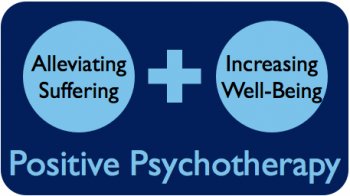
Disorders Psychology
 Chronic illness can strain your view of yourself, your relationships, your place in society, and your plans for the future. Psychotherapy (also known as 'counseling' or just 'therapy') is a valuable resource when you are struggling with these challenges. This publication provides general information about some of the different ways that therapy can be helpful.
Chronic illness can strain your view of yourself, your relationships, your place in society, and your plans for the future. Psychotherapy (also known as 'counseling' or just 'therapy') is a valuable resource when you are struggling with these challenges. This publication provides general information about some of the different ways that therapy can be helpful.
The purpose of these articles is to identify common psychological reactions/ phenomena associated with vestibular disorders and to suggest various coping strategies to improve functioning. The information is divided into two separate articles: the first will address cognitive aspects of vestibular disorders; the second will address emotional aspects of vestibular disorders.
Vestibular disorders affect individuals physically AND psychologically. These disorders are variable not only in their physical manifestation, but in their psychological manifestation as well. And while it is important to understand your physical symptoms, it is equally important to understand your psychological symptoms as they can often trigger and/or exacerbate your physical symptoms.
Identifies the issues associated with the subtle erosion of self-esteem often experienced by vestibular patients.
This publication contains to articles: 1) "Coping with a Chronic Vestibular Disorder and Other Invisible Illnesses" by Molly-Jane Isaacson Rubinger, MSW, LICSW, and 2) Learning to Cope with Vestibular Disorders: Tips Offered by VEDA and support group leaders to the person who is new to vestibular disorders.
This publication explains how one can learn to cope with the fatigue (and contributors to fatigue, including stress and pain) that often accompanies their chronic illness and offers strategies to manage stress.
This publication discusses the inherant vulnerability present in people with chronic illnesses (such as vestibular disorders), and that by acknowledging our vulnerability we can develop compassion and acceptance.
DID THIS INFORMATION HELP YOU?
Thanks to VEDA, vestibular disorders are becoming recognized for their impacts on people's lives and our economy. We see new diagnostic tools and research studies, more accessible treatments, and a growing respect for how life-changing vestibular disorders can be.
Your support of VEDA matters. Please help us continue this important work by becoming a member or donor.









